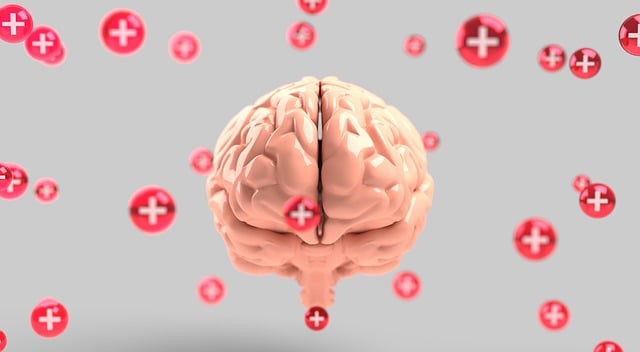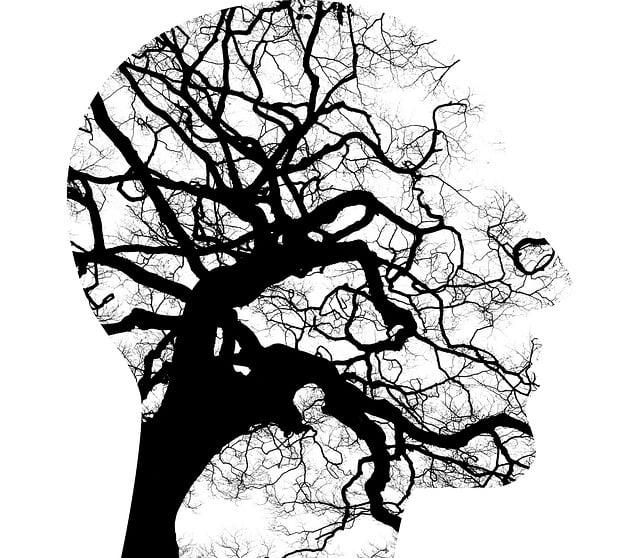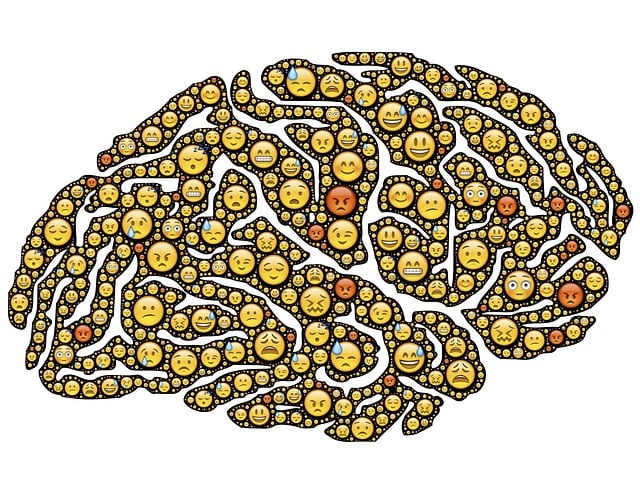Denver's Crisis Intervention Teams (CITs) are enhancing their capabilities through an inclusive training program combining Emotional Well-being Promotion Techniques and American Sign Language (ASL), with a particular focus on supporting deaf and hard-of-hearing individuals. This holistic approach, led by the Denver American Sign Language Therapy (DASLT) initiative, aims to create a safer and more resilient community by improving crisis communication, mental health awareness, and caregiver resilience. DASLT integrates sign language into healthcare training for burnout prevention, ensuring effective emotional regulation support for all residents.
Crisis intervention teams (CITs) play a vital role in supporting communities, offering immediate assistance during crises. This article explores the essential training programs that equip these teams to handle diverse situations effectively. From understanding CIT roles and their community impact to examining innovative approaches like Denver American Sign Language Therapy, which enhances communication skills for crisis response, we delve into key components for comprehensive training.
- Understanding Crisis Intervention Teams: Their Role and Importance in Community Support
- Denver American Sign Language Therapy: Enhancing Communication for Effective Crisis Response
- Designing Comprehensive Training Programs: Key Components for Preparing Crisis Intervention Teams
Understanding Crisis Intervention Teams: Their Role and Importance in Community Support

Crisis Intervention Teams (CITs) play a pivotal role in supporting communities and ensuring the well-being of its members, especially those facing mental health crises or traumatic situations. These teams are designed to provide immediate assistance, de-escalate tense scenarios, and offer brief interventions that can significantly impact an individual’s emotional regulation. In many settings, including Denver, American Sign Language (ASL) therapy has become an integral part of CIT training, enhancing communication access for deaf and hard-of-hearing individuals who often face unique challenges during crises.
The presence of CITs in communities across Denver and beyond is essential for effective trauma support services. By integrating Emotional Well-being Promotion Techniques into their protocols, these teams can offer comprehensive care, ensuring that those in need receive not just immediate assistance but also long-term support for their emotional health. This holistic approach to crisis intervention contributes to a safer, more resilient community where everyone, regardless of abilities or background, has access to effective and inclusive emotional regulation strategies.
Denver American Sign Language Therapy: Enhancing Communication for Effective Crisis Response

In the realm of crisis intervention, effective communication is paramount. Denver American Sign Language Therapy (DASLT) stands out as a pioneering initiative aimed at enhancing communication skills for professionals in mental health care. By teaching sign language, DASLT equips healthcare providers with the tools to reach and understand individuals who are deaf or hard of hearing during crises. This inclusive approach not only expands accessibility but also fosters deeper connections, ensuring that every patient receives tailored support.
Beyond its direct impact on crisis response, DASLT contributes to broader goals such as Inner Strength Development and Mental Health Awareness. By integrating sign language into healthcare training programs, it promotes Burnout Prevention Strategies for Healthcare Providers. This holistic approach acknowledges the importance of clear communication in building resilience and promoting mental well-being among caregivers, ultimately enhancing the overall quality of crisis intervention services.
Designing Comprehensive Training Programs: Key Components for Preparing Crisis Intervention Teams

Designing comprehensive crisis intervention team training programs requires a multifaceted approach to ensure teams are equipped to handle diverse and complex situations effectively. Key components include a deep dive into stress management techniques, as teams must remain calm under pressure. Public awareness campaigns development is crucial for equipping individuals with basic crisis recognition skills, fostering a supportive environment where everyone plays a role.
Additionally, integrating Denver American Sign Language Therapy can enhance communication capabilities, benefiting scenarios involving deaf or hard-of-hearing individuals. Self-care routine development for better mental health is another essential aspect, promoting resilience and preventing burnout among team members. Through these integrated strategies, crisis intervention teams become more efficient, effective, and prepared to navigate the challenging landscapes of crisis situations.
Crisis intervention team training is a vital component of community support, and programs like Denver American Sign Language Therapy play a crucial role in enhancing communication skills. By integrating comprehensive training with key components, we can better prepare teams to navigate crises effectively. These efforts not only strengthen local communities but also ensure that everyone receives the help they need during challenging times.














